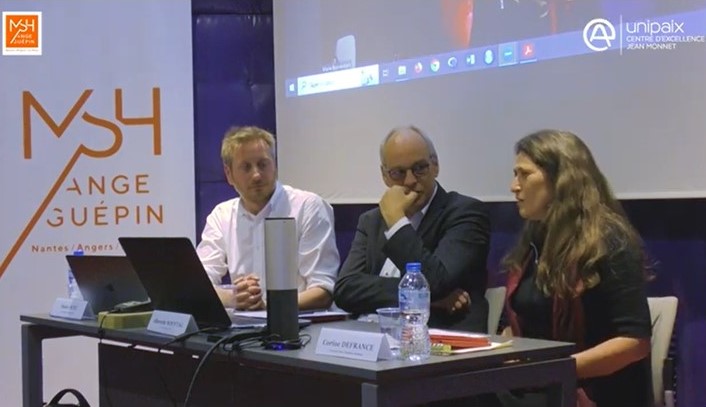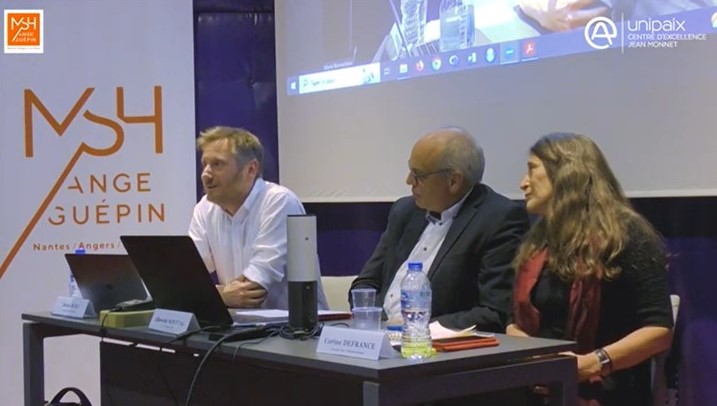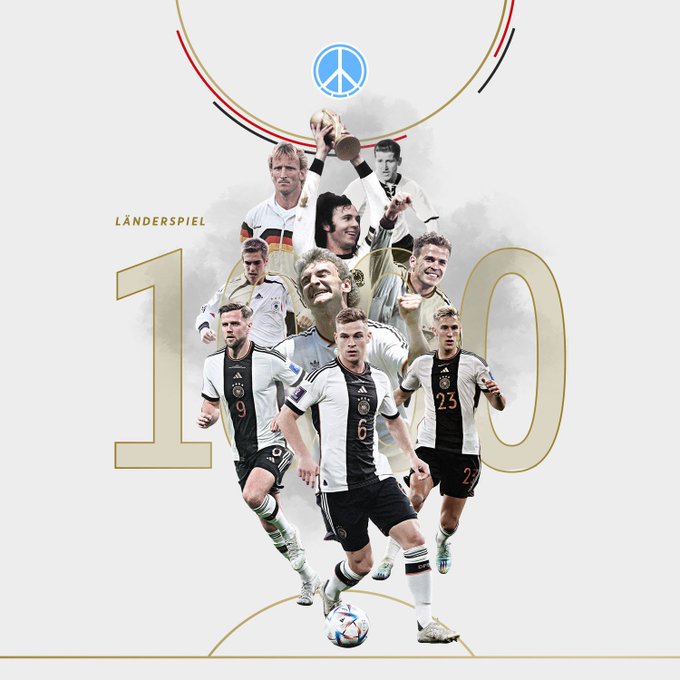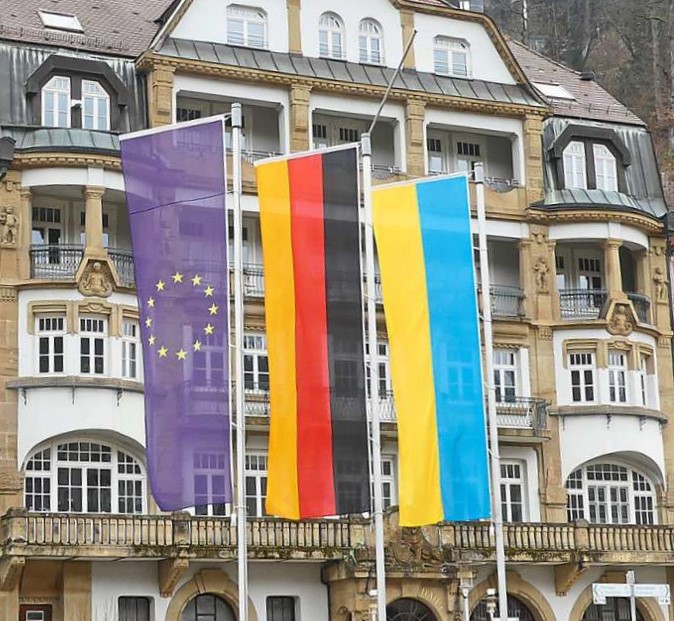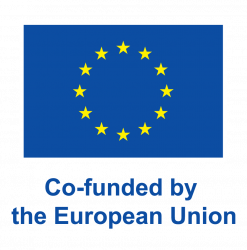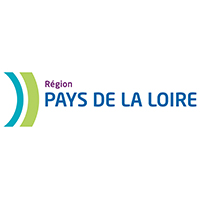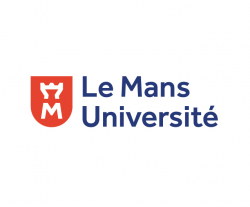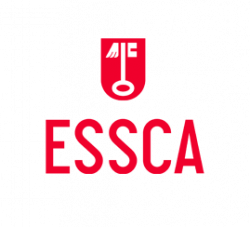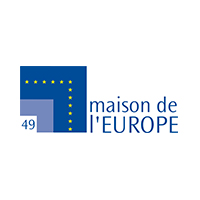In the third speech of the evening, Sarah Cassella identified the role played by international law, admittedly violated by the Russian agression, in this armed conflict since the beginning of the war. In fact, there is according to her, a truly harsh competition between the nations involved to defend highly discording points of view on what is (or should be) international law.
From the start, Russian president has developped a hole and certainly deluding argumentation, however funded on two ideas based on international law. Meaning that there would be, on one hand, an ongoing genocide happening in Ukraine that Russia was to stop, and on the other hand, a call for help from the newly created Republics in Donbass to which Russia had to answer. These are thus, legal arguments formulated in an objective of justification.
On the Ukrainian side, the right to self-defence was mobilized, while refering to all international jurisdictions in capacity to intervene, starting with the International Court of Justice. The interest of law also relies in taking into consideration the long term. Of course, in the midst of battles, law is quite inaudible at first, but the debate goes on and the idea is to delete the Russian argumentation.
It is also about avoing precedents : by declaring “illegal” the Russian agression, we avoid rules to be modified while defending the principles of international law. The Ukrainian war shed light on the polarization of the international scene, a legal battle that allows to talk about a “war through law”.
Another legal initiative, led by Ukraine with high responsiveness, is the judgement of crimes committed by Russia, whether they are war crimes or crimes against humanity. To do so, Ukraine rapidly refered to the International Penal Court for enquiries to be requested while launching thousands of enquiries itself, in order to gather evidences during the fights.
To closure the discussion, Sarah Cassella acknowledges that there was a real shock last year, as it is the first time since 1945 that we witness an agression purely and simply aiming at the annexation of a state on the European territory. It was unthinkable and it forces everyone to take position : we can’t stay neutral because there is an opposition of views and, for the first time since 1945, the will for a few states to modify what we call international law nowadays. We are at a turning point and the United Nations will never be able to function (or not) like they used to.

